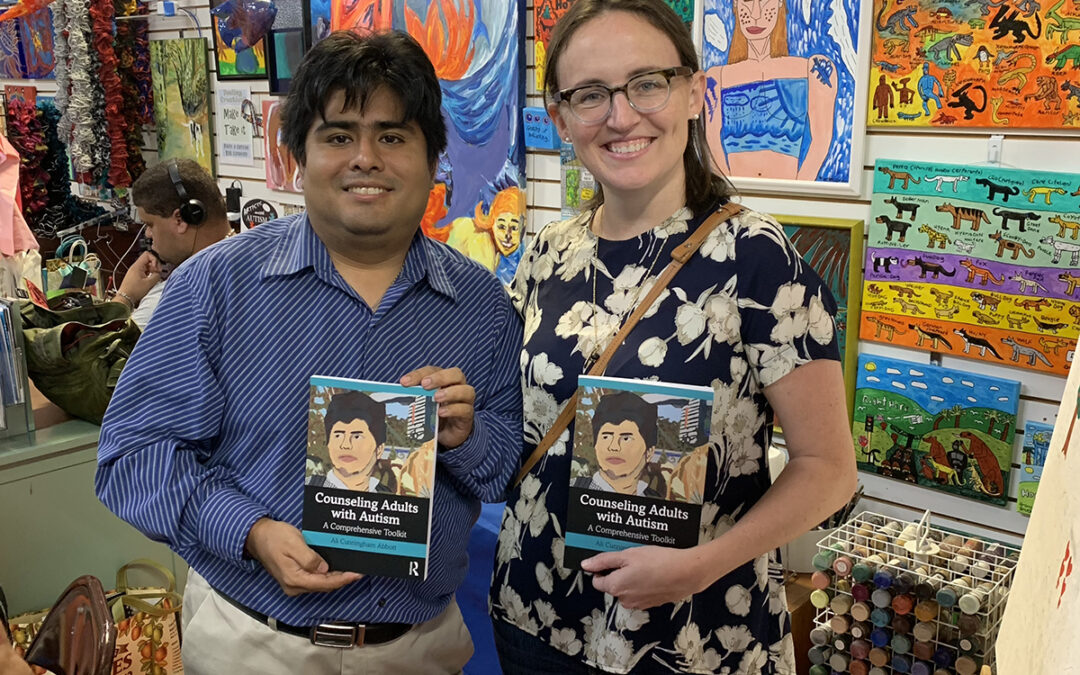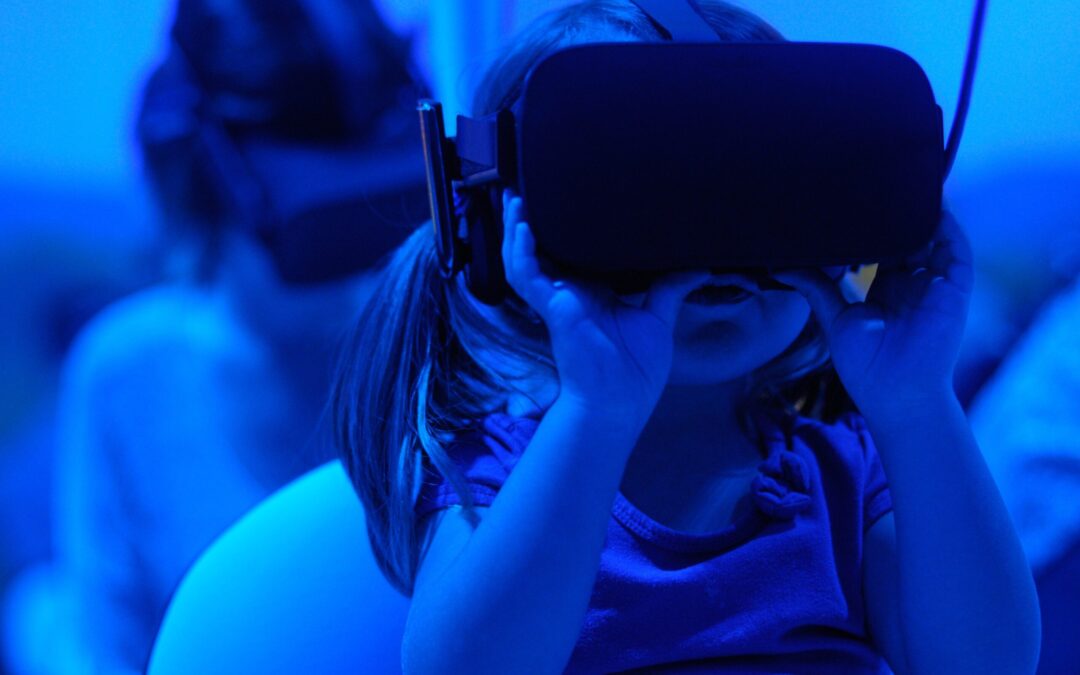
by The Children's Treatment Center | Jul 29, 2019 | General
Our very own Dr. Ali Cunningham recently released a book, Counseling Adults with Autism. The cover art for the book was produced by a local man with autism, Michael Vidal (pictured here with Dr. Cunningham). Counseling Adults with Autism is a practical guide for...

by The Children's Treatment Center | Jun 14, 2019 | General
Autism Spectrum Disorder (ASD) comes with a variety of challenges. For many children, it can mean issues with compulsiveness and repetitive behaviors, learning and social deficits, and a resistance to change. ASD also can manifest with various emotional difficulties –...

by The Children's Treatment Center | Sep 25, 2017 | General
Children with autism and Asperger’s often have phobias that limit their interaction with others. One child may be fearful of any social gathering, another of going shopping, while someone else may be afraid heights or be terrified to be in a crowd of people. These...




